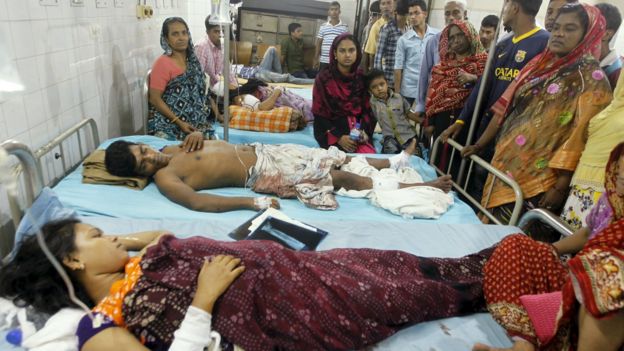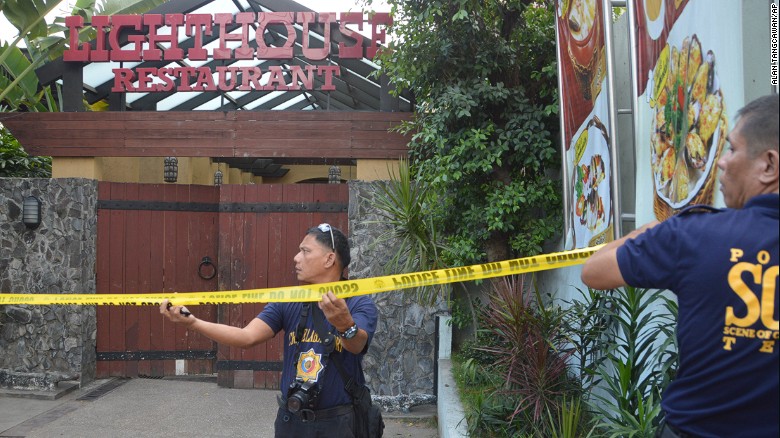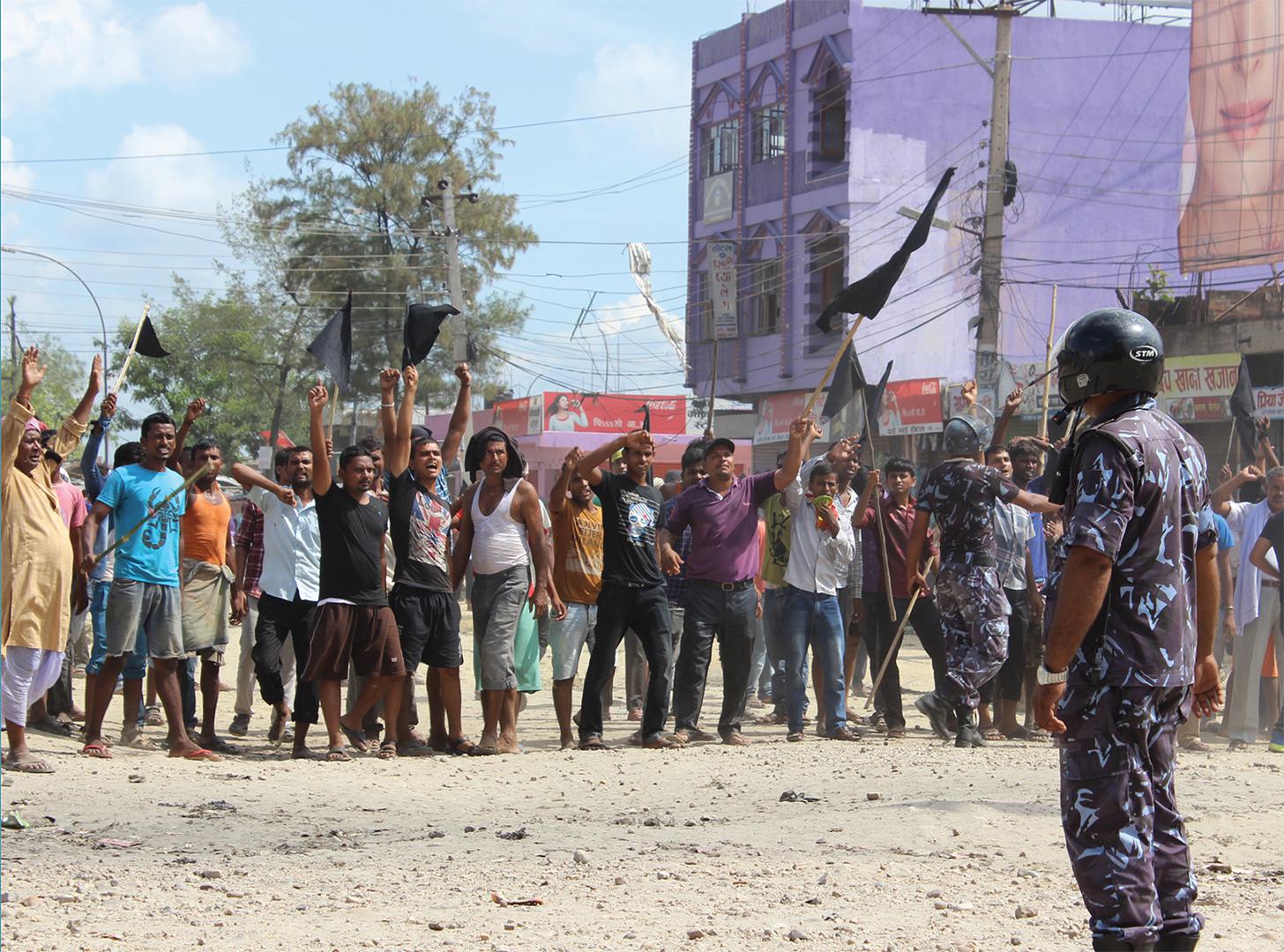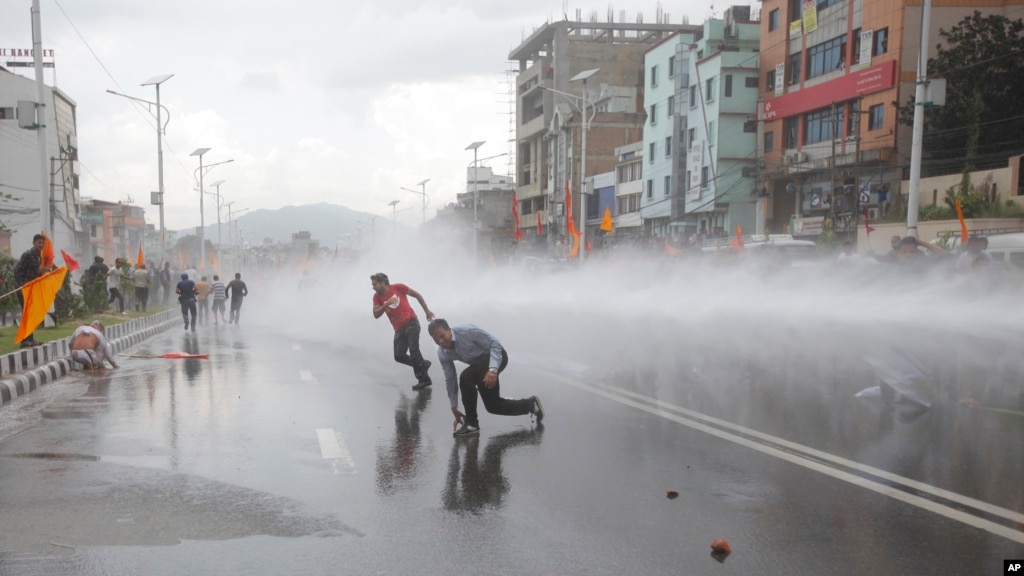By Christine Khamis
Impunity Watch Reporter, Asia
KABUL, Afghanistan—
A woman accused of adultery was stoned to death in central Afghanistan last week. The woman, named Rokhshana, was buried in a hole with only her head exposed. Men then surrounded her and threw stones at her until she died. Onlookers filmed the killing and a video portraying the stoning was subsequently released online. The Tolo news agency, a news source focusing on Afghanistan, has reported that the stoning occurred about a week ago in the village of Ghalmeen, a Taliban-controlled area in the Ghor province.
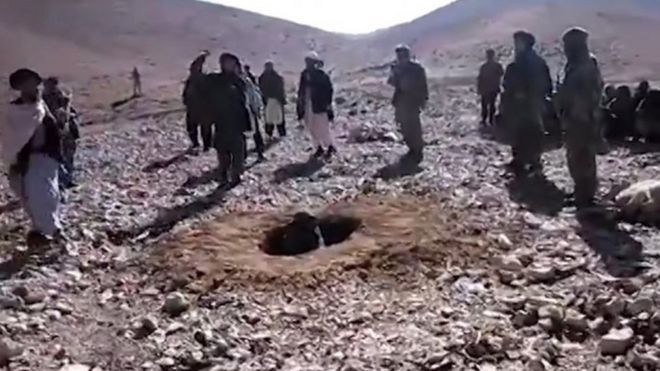
Rokhshana received her punishment for her elopement with a man, who received only a lashing for his own crime of adultery. The governor of Ghor province, Seema Joyenda, told a news agency that Rokhshana had been married off by her family against her will. Ms. Joyenda, who has staff members from Ghalmeen, stated that Rokhshana’s family tried to marry her off several years ago and that the young woman ran away to Iran. Her family brought her back from Iran and forced her to marry another man. Rokhshana then eloped with another man and was brought back after two days, leading to her adultery charge and stoning.
Ms. Joyenda has reported that the Taliban leader of Ghalmeen ordered Rokhshana’s stoning and other officials have stated that Rokhshana was stoned by a group of men comprised of Taliban, local religious leaders, and warlords.
Activists in Kabul, however, believe that the Taliban was not involved in the stoning and that local tribal leaders committed Rokhshana’s killing. Wazhma Frogh, a founder of the Research Institute for Women, Peace and Security in Afghanistan, has stated that her contacts in Ghor province told her that local officials are responsible for Rokhshana’s stoning. Tribal leaders in Afghanistan have been known to blame the Taliban for their own atrocities.
Ms. Joyenda is one of only two female governors in Afghanistan. She has been criticized for permitting local authorities in Ghor province to violate women’s rights.
Stoning is officially banned in Afghanistan, but its government considered a proposal to reintroduce the punishment in 2013. The government, led at that point by President Hamid Karzai, backed down from the proposal due to objections from the international community.
Women throughout Afghanistan consistently face persecution. In March, another woman was beaten and set on fire in Kabul after she was falsely accused of burning a copy of the Koran. Her murder led to protests in Afghanistan and drew an outcry from the international community about the treatment of women in the country.
A report by the U.N. Assistance Mission in April stated that “the prevalence of violence against women and harmful practices continues to be of serious concern”. Amnesty International has also released a report detailing the persecution of women’s rights activists at the hands of Taliban members, tribal warlords, and government officials.
For more information, please see:
Al Jazeera – Afghan Woman Stoned to Death for ‘Adultery’ – 4 November 2015
CNN – Woman Stoned to Death in Afghanistan Over Accusation of Adultery – 4 November 2015
BBC — Afghan Woman Accused of Adultery is Stoned to Death – 3 November 2015
The Guardian – Afghan Woman Stoned to Death for Alleged Adultery – 3 November 2015

